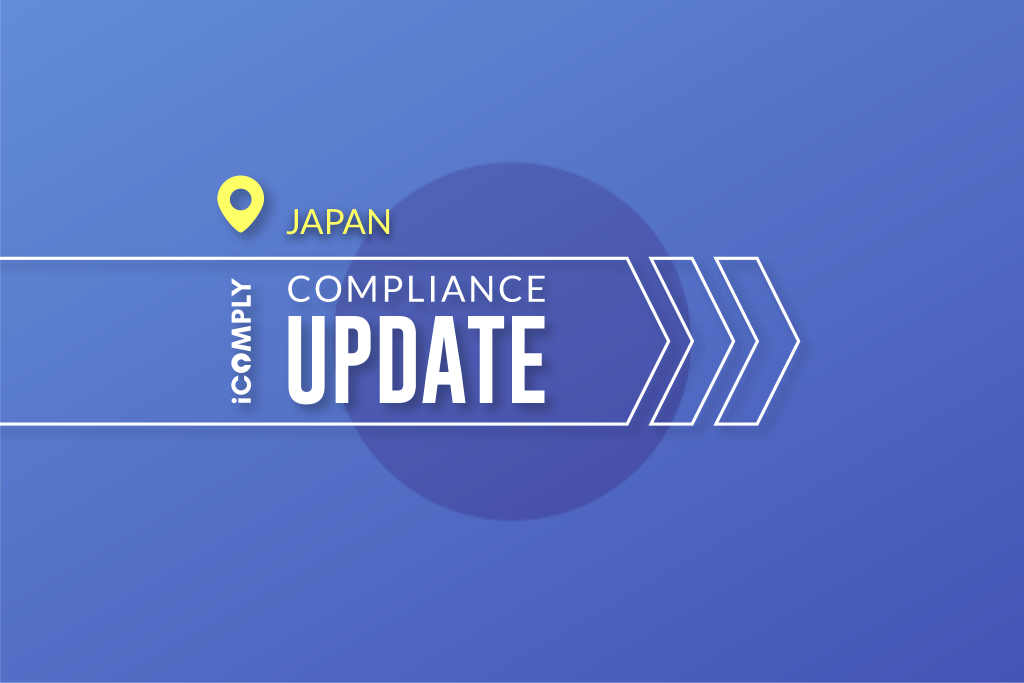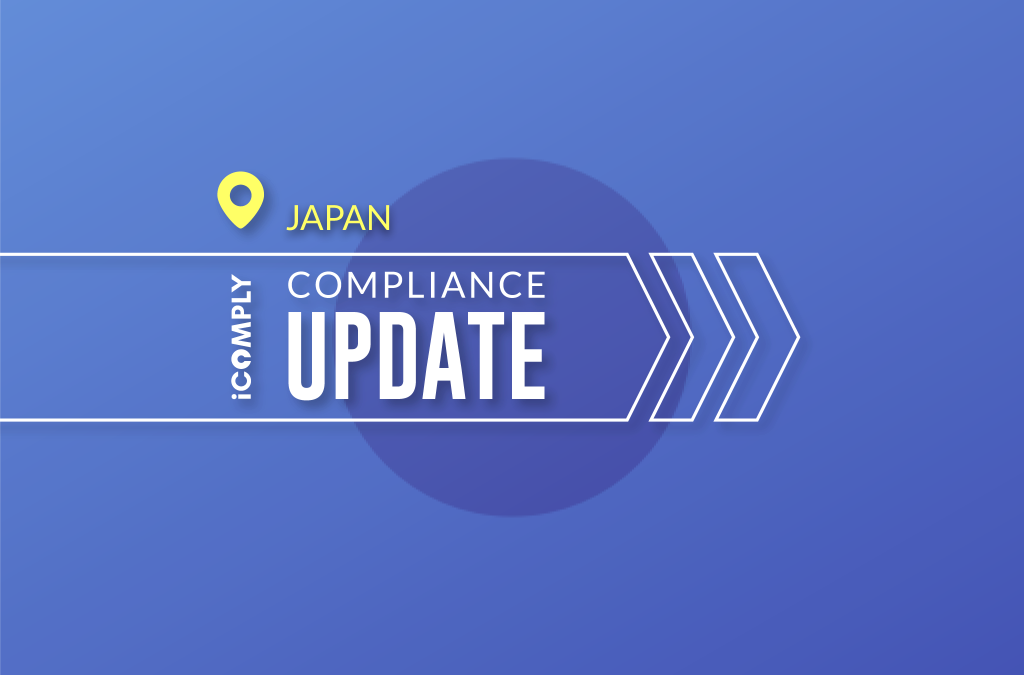Tokyo Police Arrest Buyers In $530M Cryptocurrency Hack

Two Men Arrested in Japan for Purchasing NEM Cryptocurrency Stolen from Coincheck
What Happened?
On March 11, 2020. Tokyo police arrested two Japanese citizens for alleged possession of NEM cryptocurrency that was stolen from the crypto exchange operator Coincheck in a massive cyberattack in 2018. According to investigative sources, the suspects were aware that the cryptocurrency they acquired was stolen from the exchange.
Who Is Impacted?
Virtual asset service providers, trustees, and OTC traders that buy, sell, or custody cryptocurrencies.
Why This Matters?
Supervisory technology for regulators, financial intelligence units, and law enforcement has become incredibly sophisticated. Firms such as CipherTrace, Elliptic, and Chainalysis allow regulators to follow the money, monitor wallets and entities in real-time, and quickly build a trail of evidence for prosecution. Exchanges and other virtual asset service providers need to respond to requests for information about the cryptocurrency transactions they facilitate.
What’s Next?
Any business that facilitates or promotes cryptocurrency or virtual asset transactions should ensure their anti-money laundering software is capable of identifying high-risk transactions.
Transaction monitoring software such as Alessa or ComplyAdvantage can help firms integrate blockchain data with know your customer (KYC) data, freeze or escalate transactions, and compile suspicious activity reports and regulatory filings.
learn more
Is your AML compliance too expensive, time-consuming, or ineffective?
iComply enables financial services providers to reduce costs, risk, and complexity and improve staff capacity, effectiveness, and customer experience.
Request a demo today.
KYC for Gaming and Gambling: Ensuring compliance and preventing fraud in the gaming industry.
The gaming and gambling industry faces unique challenges in ensuring compliance and preventing fraud. Know Your Customer (KYC) processes are essential in this sector to verify the identities of players, detect fraudulent...
KYC for Insurance: How Insurance Companies Use KYC to Verify Policyholders
Insurance companies handle significant financial transactions and sensitive personal information, making robust Know Your Customer (KYC) processes crucial. Effective KYC practices help verify the identities of policyholders,...
KYC for Banking: Specific KYC requirements and practices in the banking sector.
The banking sector is at the forefront of KYC compliance due to the high risk of money laundering and financial fraud. Effective KYC practices in banking are essential for ensuring compliance, protecting the institution, and...




